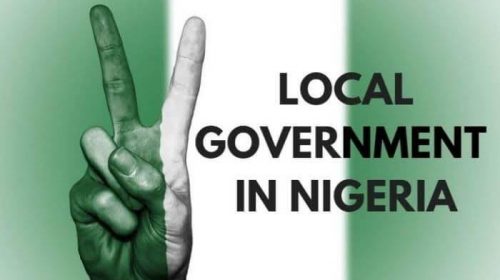Climate change tops global risks again, cyber catching up: AXA

By STEVE EVANS—Climate change has returned to the top of a global ranking of perceived risks, according to risk management experts and public opinion, but in some regions of the world the pandemic remains the major concern, according to insurance and reinsurance company AXA in a new report.
Cyber risk is also rising through the ranks of perceived risks and is becoming the number one concern in the United States, the re/insurer said.
AXA’s eighth edition of its Future Risks Report was published today and it shows that perception of risk remains high and AXA said that societies remain underprepared to combat them.
Awareness of climate change as a risk is highest in Europe, the report found, where it ranks number one. But in climate change is only in third place in Asia and the Middle East and fourth place in Africa, where the pandemic remains the main concern.
Cyber risk is the main climber it seems, taking first place in the United States for the first time and ranking second place across all the geographies.
Pandemic risk was ranked top last year, understandably, but this year it has dropped to third overall.
However, pandemic risk remains the major threat in the eyes of the general public.
AXA’s survey also reveals that in general people do not trust governments to respond to these risks alone, with a collective global response seen as important.
In fact, over 55% of respondents said a collective and global approach is the most appropriate way to propose effective solutions to the major risks the world faces.
“As an insurer, our mission is to offer protection solutions for today’s risks, but also to help our clients and society anticipate tomorrow’s risks. AXA’s Future Risks Report is an essential tool for achieving this. This edition is marked by the return of climate change as the number one risk, but also by the strong concern regarding cyber risk. In the aftermath of the health crisis, this report also reveals our society’s high expectations towards public and private players to offer new and collective protection to face constantly evolving risks,” AXA’s CEO Thomas Buberl said.
The UK in particular cited climate change as a major risk and highlighted the important role of globalisation in responding to such world-wide challenges.
The London insurance and reinsurance market is highlighted as an important ally in the response to climate change.
Sean McGovern, CEO, UK & Lloyd’s market at AXA XL explained, “The message from this report is clear. UK risk experts and the broader population believe the UK Government needs to put climate change front and centre.
“London is recognised around the world for its insurance and risk expertise and is renowned for its experience in addressing the most complex, emerging risks. It has a dual role to play; both by supporting our clients and local communities in tackling the immediate impacts of climate change and – through the work being done within the London market and Lloyd’s – by helping to create climate resiliency around the world. This is an opportunity that we cannot afford to miss.
“Central to this is tackling the protection gap – the gap between economic and insured losses – and insuring the green transition as we move to a decarbonised world.”
As our perception and understanding of the risks posed by climate change rise, the need for financial tools to help the world in resilience and recovery also increase, which is the role for insurance, reinsurance and insurance-linked securities (ILS).
As we recently explained, even investors in reinsurance cite climate change related effects on the industry as their major fear now, reflecting the rising awareness of the need to respond to climate related risks and to protect against them.
As we also recently reported, S&P said that it does not feel climate change is a significant determinant in reinsurance pricing yet, something which is definitely going to change as awareness and perception of this risk expands and the industry continues to talk-up its climate credentials, meaning it is really going to have to be able to underpin this with pricing discipline.






Leave a Reply